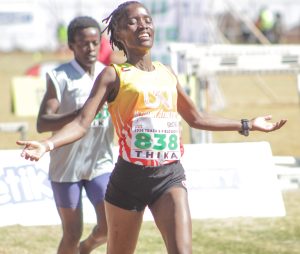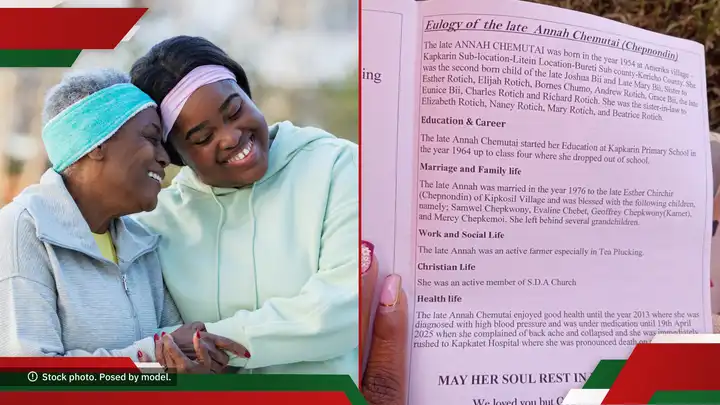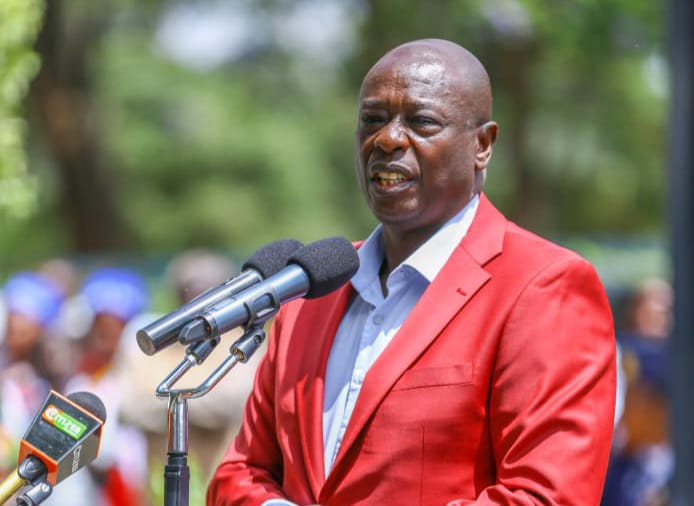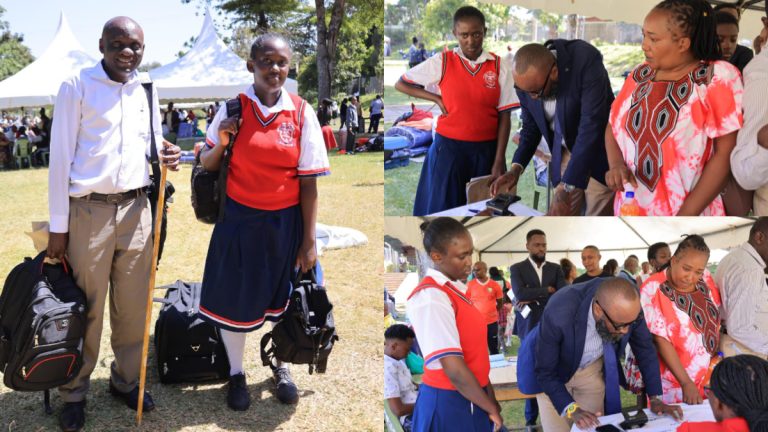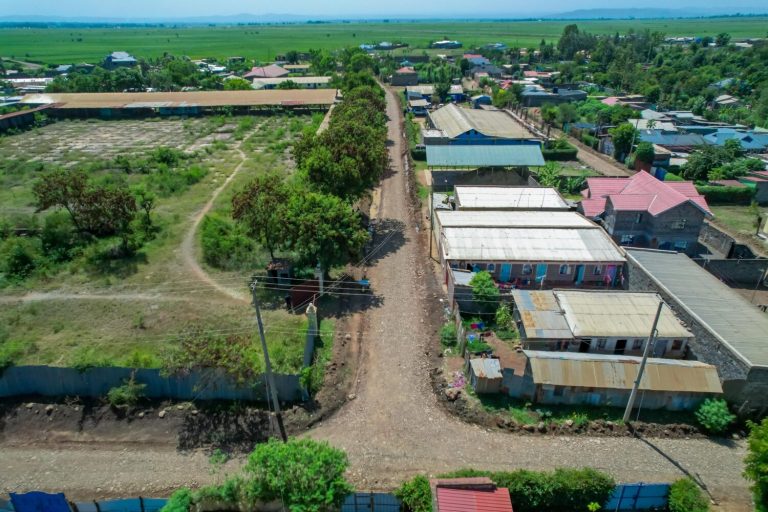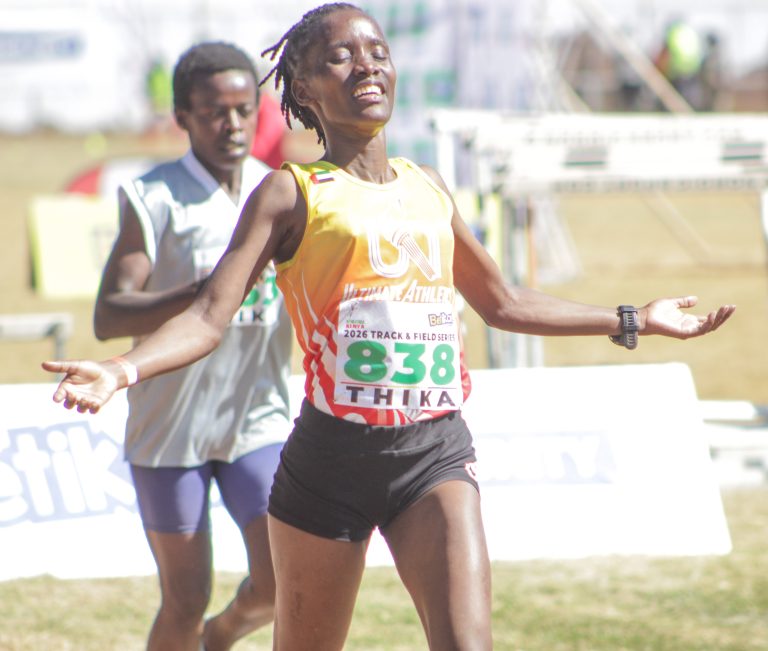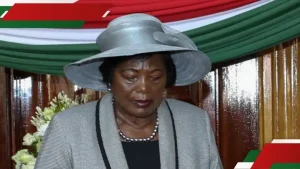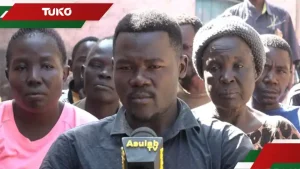Revelations in the eulogy of the late Annah Chemutai from Amerika village, Bureti sub-county in Kericho county, have left netizens stunned and full of questions. Netizens stunned by eulogy of Kericho woman The eulogy, shared on Facebook, revealed that the deceased was married to the late Esther Chirchir, a fellow woman, in the year 1976. It further noted that the two were blessed with four children and had several grandchildren. “They were blessed with the following children: Samwel Chepkwony, Evaline Chebet, Geoffrey Chepkwony (Karnet), and Mercy Chepkemoi,” read the eulogy in part.
Chemutai, who died on April 19 at 71 years old, was described as a hardworking farmer and an active member of the Seventh-day Adventist Church. READ ALSO Family, friends mourn as University of Kabianga student dies after short illness Kericho woman’s eulogy stuns netizens The revelation about Chemutai’s marriage left social media users questioning how such a union was possible in a traditional African society, where same-gender relationships are generally taboo. Some netizens compared it to similar customs in different Kenyan communities, while others clarified that the practice was distinct from LGBTQ+ unions, as it was not romantic or sexual in nature. Kiplimo Rotuuq: “It was more like adoption than marriage. The married girl was more of a daughter to the probably older woman who could not bear children of her own and never married. Nothing sexual between the ‘marrier’ and ‘maree’.
However, the woman who married her paid dowry to her family. She would choose a man for her who would sire children for her. Those children became sons and daughters of the marrying woman—hence, Arap Chepkwony (son of a woman). A proper and official koito was conducted, and agreed-upon cows and sheep were paid.” READ ALSO Huldah Mosiori: Kenyan woman killed in her US house in suspected crime of passion Mwalimu Kemboi: “It’s our culture—continuation of a generation whenever a woman has no ability to bear children.” Ngetich Geoffrey: “This was during times when women could bring in a lady as a ‘wife’ when she failed to bear children, which was socially and culturally accepted.” Doreen Tabby: “In Kamba we call it iweto—a widow or barren lady brings another woman to give birth to children who will be given the family name.” Ednah Mosonik: “We say kigitunchi kaa, meaning taken by a barren woman to bear children on her behalf.” Eulogy reveals Kericho woman, Annah Chemutai married fellow woman. Photo: Slaybaba. Source: Facebook Why women married other women in African society TUKO.co.ke spoke to Joseph Orondo, an elder in the Abasuba community, who explained that the practice of women marrying other women is still culturally acceptable in some Kenyan communities. Orondo noted that it was more common in the past, particularly among women who were barren, widowed, or past childbearing age. As such, they would marry a fellow woman primarily to continue their own lineage or that of their deceased husband.
“In Abasuba, we call it “Nyumbanthobu”, meaning ‘a house without’. So, a woman would pay dowry for another woman to either continue her late husband’s lineage or her own, if she had never married,” he shared. The elder explained that while it was preferable for the woman to conceive with a man from within the clan, she was also allowed to choose a man from outside. “Since the purpose was to foster a lineage and build a family, the children would bear the name of the woman’s deceased husband, and the family line would continue,” Orondo stated.
by Lynn-Linzer Kibebe



